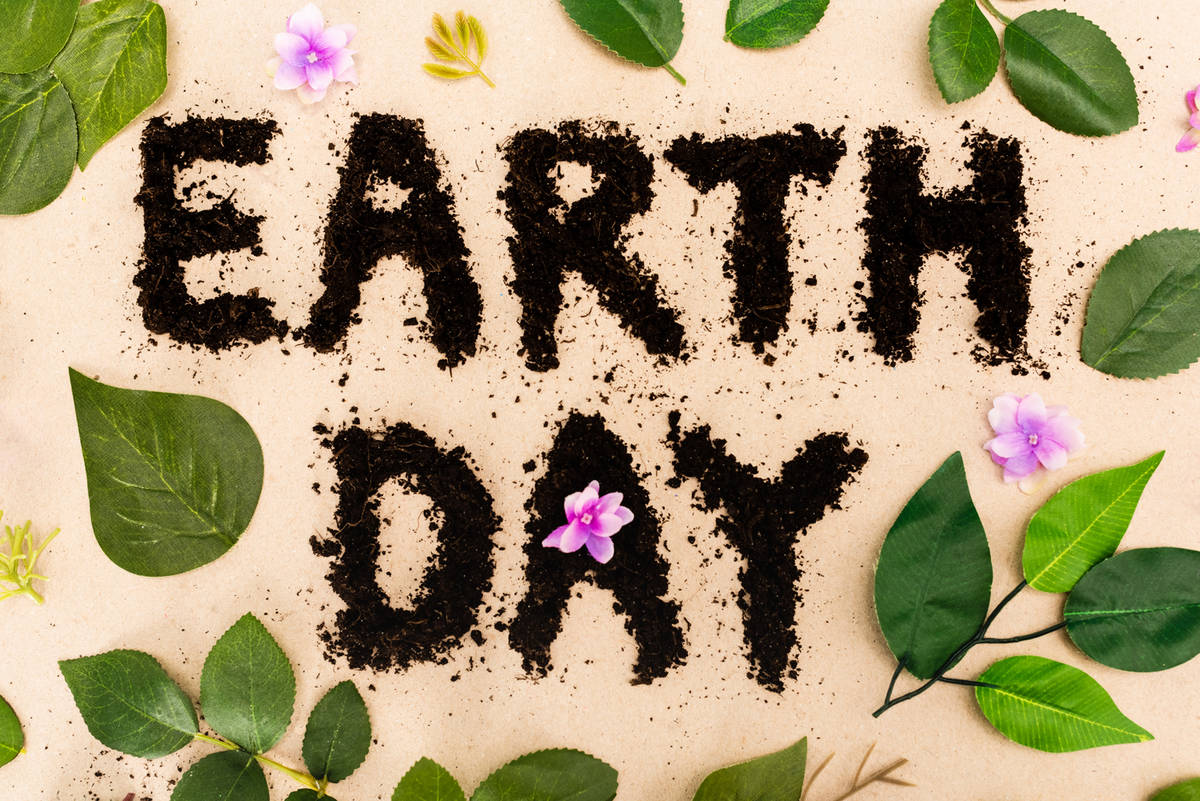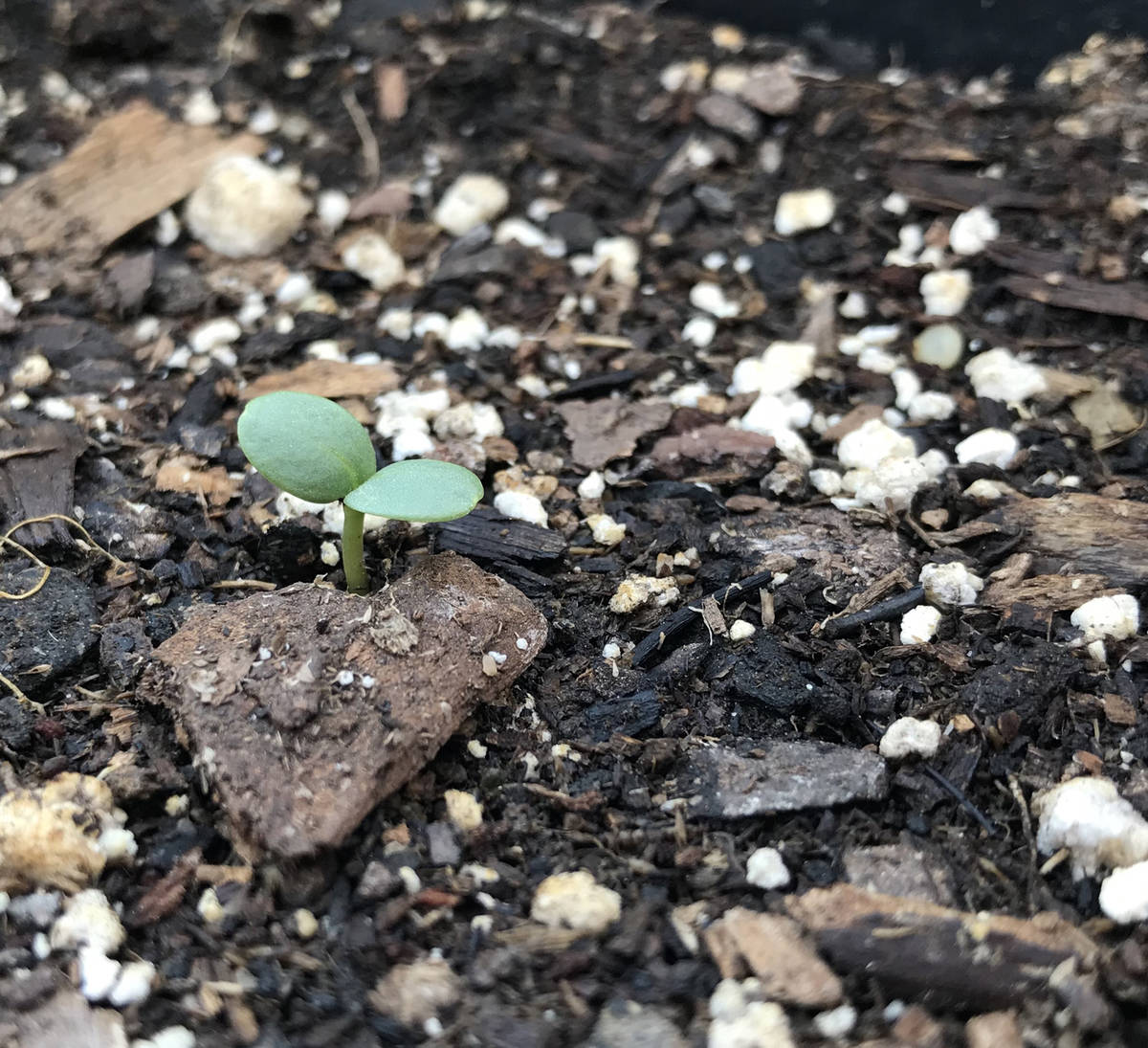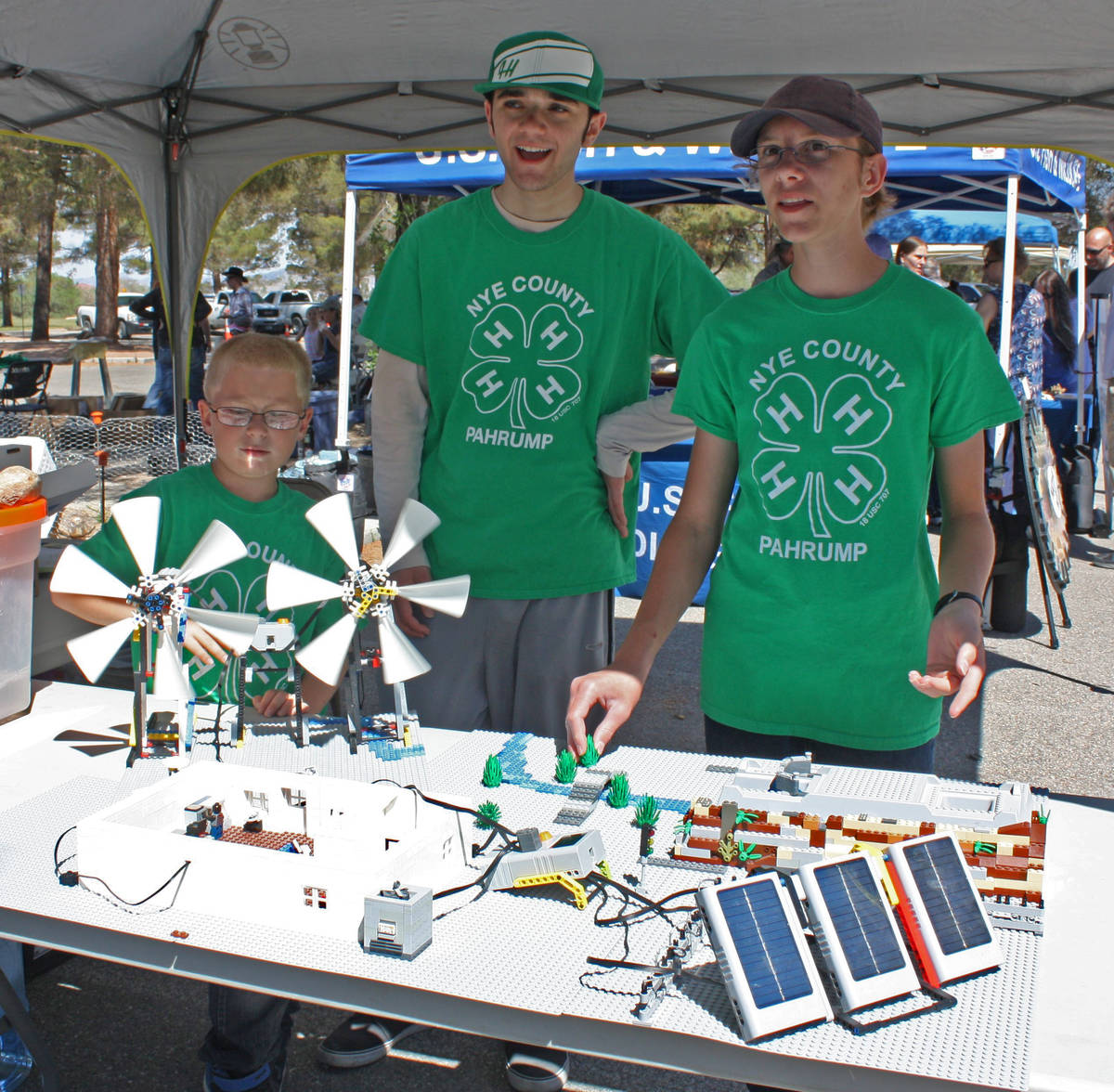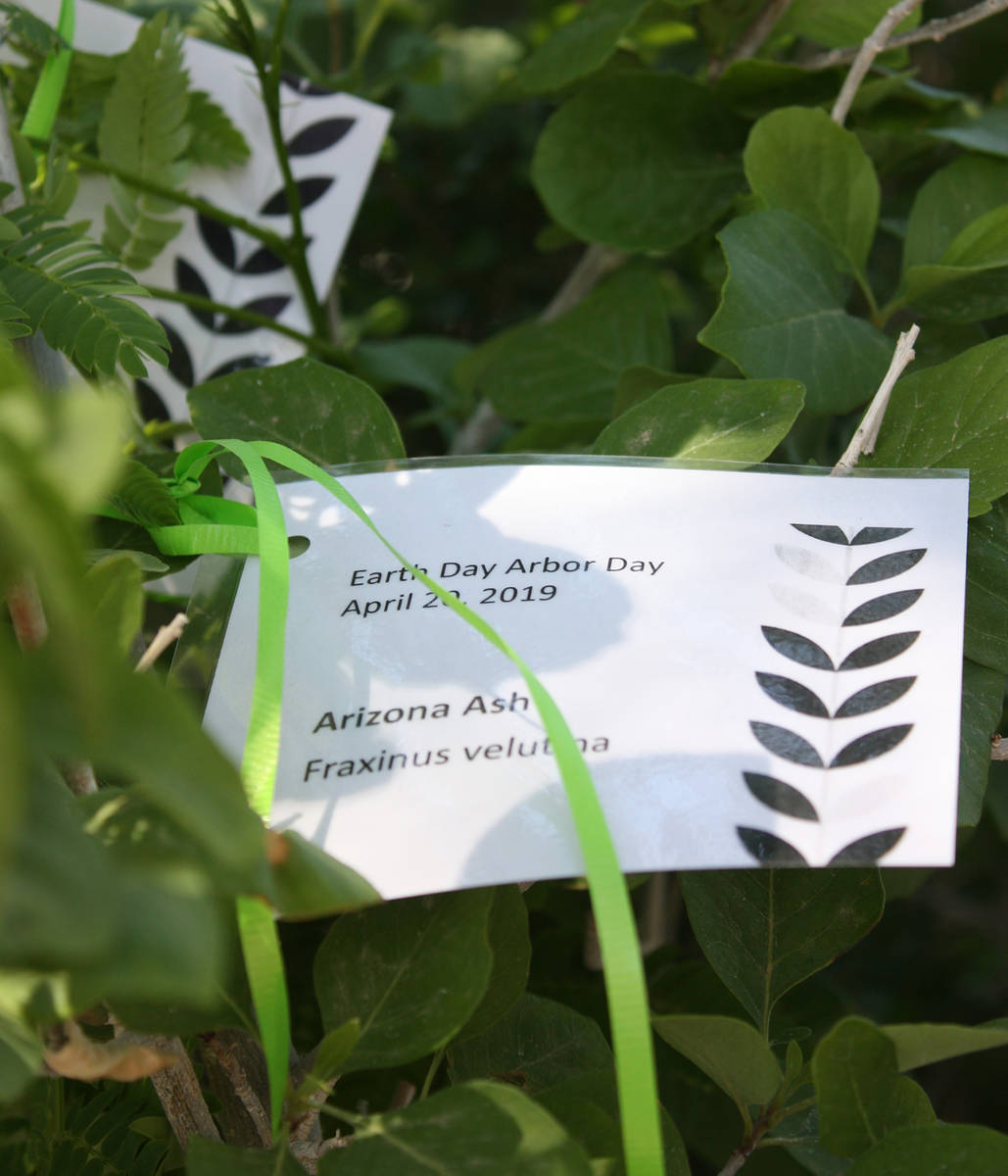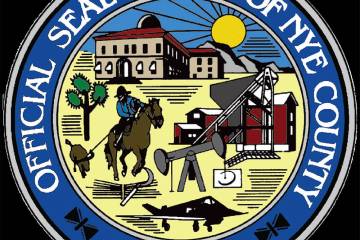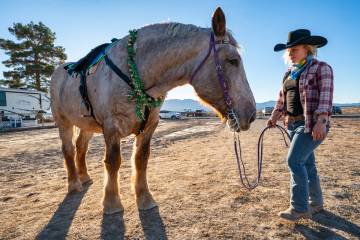Earth Day observances mark 50th anniversary
Today marks the 50th Anniversary of Earth Day and the birth of the modern environmental movement. It’s a day that’s all about celebrating the amazing diversity of nature and acknowledging the impact humankind can have on the planet, whether that impact is for the better or for the worse.
Local Earth Day observances
For more than a decade and a half, Earth Day in the Pahrump Valley has been traditionally celebrated with a big community gathering, where all sorts of area organizations and entities come together to provide information to an engaged public.
This year the COVID-19 pandemic has forced the event’s cancellation but that doesn’t mean residents can’t celebrate on their own. There are all kinds of ways to observe the occasion, from spending some time outside walking, hiking or just soaking in nature’s beauty to planting a garden or some trees, collecting trash from the desert or roadside, creating a recycling or up-cycling project and much, much more.
“This year, April 22 denotes the 17th year Pahrump has celebrated Earth Day,” explained John Pawlak, who, with the Pahrump Nuclear Waste and Environmental Committee, founded the annual Earth Day festivities. “Most of the celebrations have been held at Ian Deutch Memorial Park, in what was originally known as Honeysuckle Park. Arbor Day has been included into the celebration as it also promotes environmental education similar to Earth Day.”
The Pahrump Nuclear Waste and Environmental Committee has now changed its name to the Pahrump Environmental Management Committee but its mission remains the same. A big part of that mission is spreading the word about environmental concerns and giving people the tools and resources to do something about those concerns.
Pawlak said the theme for this year’s Earth Day event had already been decided and the committee was working toward solidifying all of its plans when the COVID-19 outbreak reached Nevada and prompted a shutdown of nonessential businesses and a stay-at-home order from the governor.
“This year’s theme was to have been the circular economy versus the linear economy. Simply put, it means eliminating waste by the continued use of resources,” Pawlak said. “Unfortunately this event, like so many others throughout the world, had to be postponed or canceled due to the continued social distancing and social quarantine of our residents.
“There are so many unknowns pertaining to the COVID-19 quarantine that we cannot begin to envision our next step for continuing the event later this year or, more logically, postponing it until next year… Remember, please follow all quarantine restrictions and remember social distancing, especially when driving around with your windows open,” Pawlak continued, adding in a joking manner, “Oh and remember to hold you breath if you’re driving behind someone who’s vaping or you’ll swallow their last exhale!”
Earth Day from birth to today
From its very beginning, Earth Day has drawn enormous attention with millions upon millions taking part in its fledgling first year.
The first Earth Day was organized as a campus teach-in by Senator Gaylord Nelson, who recruited the help of Congressman Pete McCloskey and activist Denis Hayes to create the plans for what would become a major national observance. That year, some 20 million Americans, or 10 percent of the population, rallied in the streets, packed parks and auditoriums and raised their voices in demonstration against the destruction of the natural world.
“Earth Day 1970 achieved a rare political alignment, enlisting support from Republicans and Democrats, rich and poor, urban dwellers and farmers, business and labor leaders,” the website EarthDay.org explains. “By the end of 1970, the first Earth Day led to the creation of the United States Environmental Protection Agency and the passage of other first-of-their-kind environmental laws, including the National Environmental Education Act, the Occupational Safety and Health Act and the Clean Air Act. Two years later Congress passed the Clean Water Act. A year after that, Congress passed the Endangered Species Act and soon after the Federal Insecticide, Fungicide and Rodenticide Act.”
By 1990, Earth Day started to see its true potential as not just an American observance, but a worldwide one. Something like 200 million people in 141 different countries took part that year and every subsequent decade has seen increased participation and awareness.
Environmental concerns are in no way diminished today, with climate change, air and water pollution, an ever-growing plastic problem, declining populations of a huge array of plant and animal species and many other situations continuing to inspire people to the platform of change.
Earth Day festivities may have suffered a bit of a blow from the COVID-19 pandemic but the day itself has not been canceled and people all around the globe will be finding ways to celebrate the planet today, just as they have for the past 50 years.
Contact reporter Robin Hebrock at rhebrock@pvtimes.com


